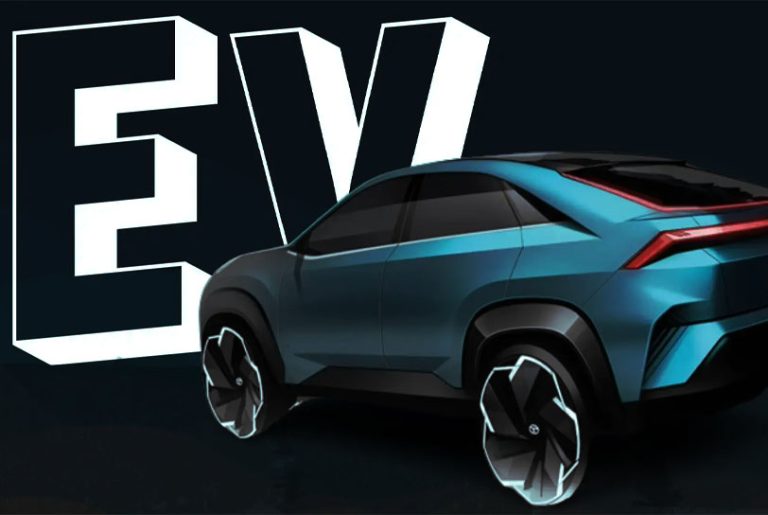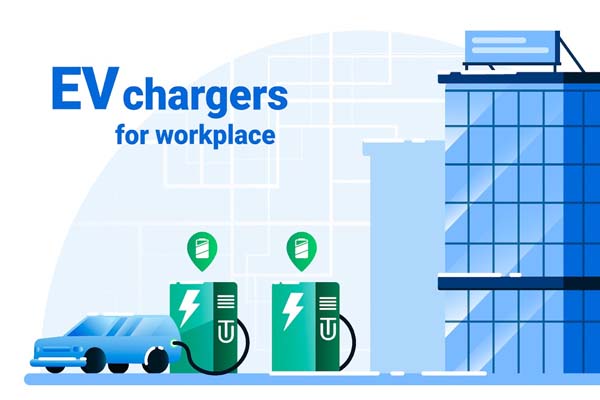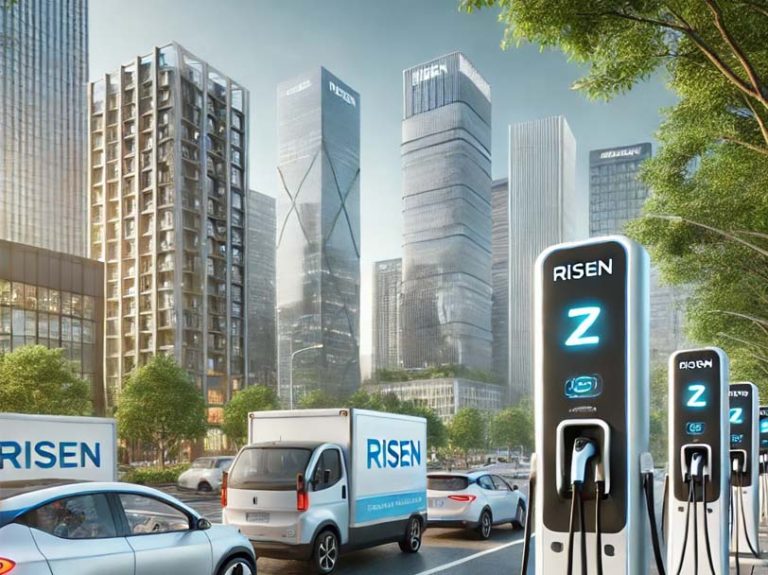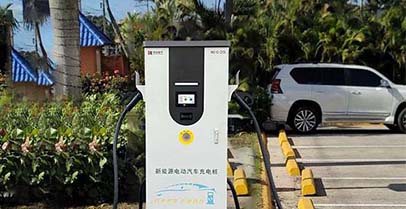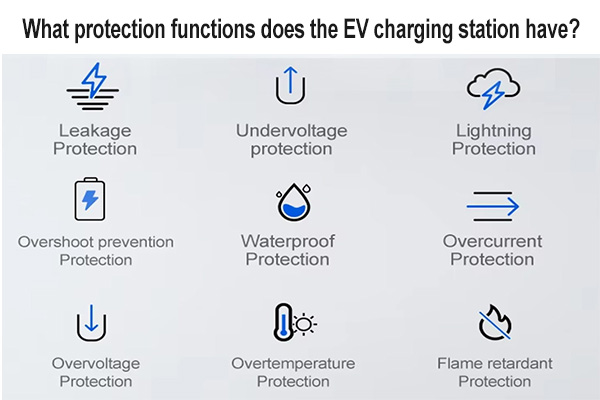Considering the cost, most of the household car charging piles are AC charger. So today we are going to talk about home AC charger. Before discussing how to choose a charging pile, let's first talk about the classification of home AC charging piles.
Classified by installation method: wall-mounted and column mounted.
The wall-mounted type needs to be installed and fixed on the parking space. According to the power size, the mainstream is 7KW, 11KW, and 22KW.
7KW means charging 7 kWh in 1 hour, which is approximately equivalent to 40 kilometers
11KW means charging 11 kWh in 1 hour, which is approximately equivalent to 60 kilometers
22KW means charging 22 kWh in 1 hour, which is approximately equivalent to 120 kilometers
Let's discuss how to choose a suitable EV charger at home?
1. First, consider the degree of vehicle model adaptation
Although all charging piles and car charging ports are now manufactured according to standards and are 100% compatible with each other, the maximum charging power that different models can accept is not determined by the charging pile, but by the on-board charger in the car. In short, if your car can only accept a maximum of 7KW, even if you use a 20KW charging pile, it can only be 7KW.
Here, cars are roughly divided into 3 types:
① For pure electric or hybrid models with smaller battery capacity, such as Hongguang mini, the on-board charger has a power of 3.5kw, and generally a 16A, 3.5KW charging pile can meet the demand;
② For pure electric models with larger battery capacity or extended-range hybrid (such as Volkswagen Lavida, Ideal ONE), the on-board charger has a power of 7kw, which can match a 32A, 7KW charging pile;
③ For pure electric models with high endurance, such as Tesla and Polestar, the on-board charger has a power of 11kw, which can match a 380V11KW charging pile
2. Second, consider the home charging environment
In addition to considering the compatibility of the car and the charging pile, you also need to understand the power situation in your community. The 7KW charging pile is 220V, so you can apply for a 220V meter. The 11KW or higher power charging pile is 380V, so you need to apply for a 380V meter.
Currently, most residential communities can apply for 220V meters, and villas or self-built houses can apply for the installation of 380V meters. Whether you can install a meter and what type of meter to install, you need to apply to the property and the power supply bureau first (if the application is approved, the power supply bureau will install the meter free of charge) to seek opinions, and basically follow their opinions.
3. Third, consider the price
The price of charging piles varies greatly, ranging from a few hundred to several thousand. The main reason for the price difference is the power difference. The price of 11KW is about $300 or more, and the price of 7KW ranges from $180 to $350.
Let's take a look at the advantages of Risen EV Chargers:
Durable Shell:
Designed for outdoor use with at least IP54 protection.
Made from high-quality galvanized stainless steel plate
Robust Process:
Gun heads made through one-piece injection molding for strength and resilience.
Silver-plated terminals ensure superior conductivity and longevity.
Reliable Circuit Board:
Integrated circuit boards tested for high-temperature durability, providing greater reliability.



